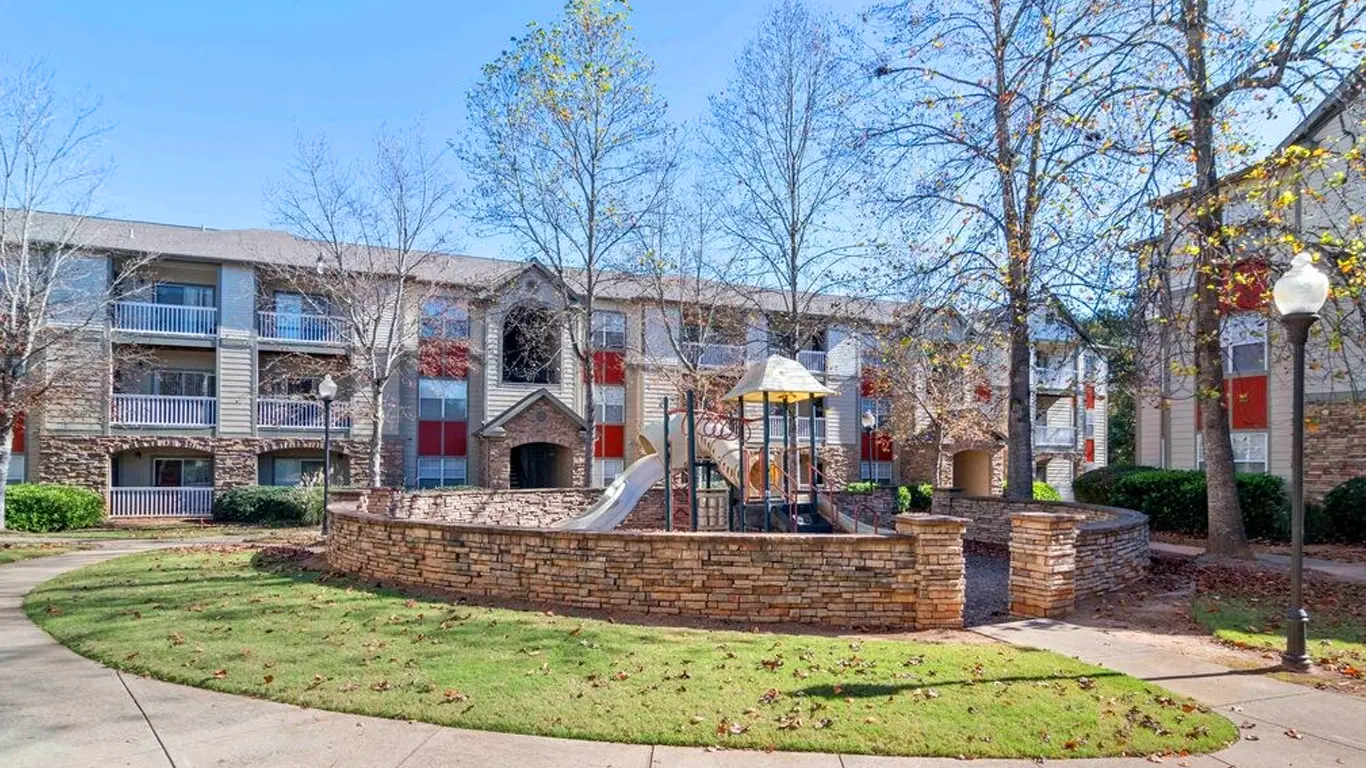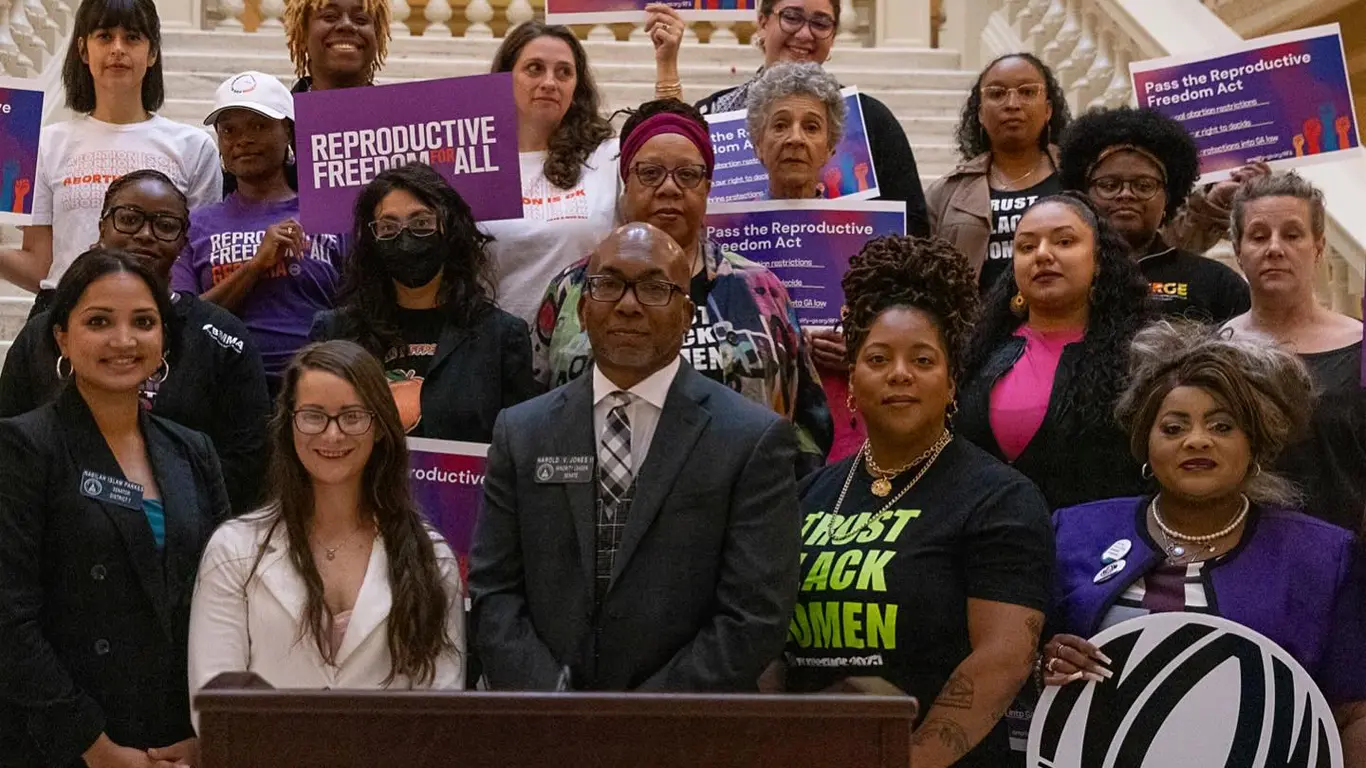Cobb County is known for having some of the best public schools in Georgia. Families move here because they want their kids to get a great education. But lately, there’s been a growing disagreement between the Cobb County School District and the Cobb Board of Commissioners.
The school district is raising serious concerns about student transiency, kids moving in and out of schools throughout the year, especially as more and more large apartment complexes get built. The county commissioners, however, don’t seem nearly as worried.
Here’s the thing: when students switch schools frequently, it doesn’t just mess with their own learning. It affects everyone. And when too many high-density apartments get thrown into a school zone, that kind of instability becomes the norm, not the exception. That’s bad news for student performance, and eventually, for everyone’s home values and tax bills.
Transiency Hurts Learning, For Everyone
It’s not just common sense, it’s backed by research. When kids change schools a lot, they tend to fall behind. One study found that students who moved schools often had lower test scores in reading and math (Herbers et al., 2016). Even if a family is just moving across town, the disruption to a student’s learning routine makes a difference.
Another study pointed out that it’s not just the kids who move that are affected. Classrooms with high turnover see everyone’s performance dip (Hanushek et al., 2020). Teachers have to slow down, re-teach lessons, and try to catch up the new kids, which takes time away from everyone else. And if this happens too often, the whole school ends up playing defense instead of focusing on achievement.
Conservatives tend to believe in accountability, discipline, and results. Letting student transiency spiral out of control because we’re too eager to build more apartments? That’s just setting our schools up to fail.
When Schools Struggle, Property Values Follow
There’s also a financial angle to all this. Good schools help drive up home prices. People are willing to pay more to live near a great school because they know it benefits their children and boosts their property value. But when schools get overwhelmed by transient students and start to slip in performance, home values take a hit.
In fact, research shows that even one school move during a year can push a student below grade level (Grigg, 2012). And when too many students fall behind, it drags down the whole school. Eventually, families stop moving into the area, housing demand drops, and the local tax base shrinks.
This appears to be what the Cobb County School District is trying to prevent. According to Cobb County School Board Chairman, David Chastain, the school district is not anti-growth. They’re pro-stability. School leaders know that when schools start failing, it hurts everyone, students, parents, property owners and taxpayers alike.
Walton vs. Osborne: A Tale of Two School Zones
Let’s look at two parts of Cobb County to see how this plays out.
Walton High School, over in East Cobb, is one of the top-performing schools in the state. Homes there aren’t cheap. The average sale price recently topped $772,000, according to Dorsey Alston Realtors. That’s not just because of nice houses, it’s because of the school.
Now compare that to Osborne High School in Smyrna. It’s a school facing more challenges, including lower academic performance. Homes near Osborne sell for around $499,000, per Realtor.com.
That’s a difference of more than $270,000 in home value, and a big part of it is the school quality.
There’s another factor too: apartments. The Walton school zone has relatively few multifamily housings units, which means fewer transient students and more stable classrooms. The Osborne zone has thousands of residents living in large apartment complexes and scores of others living in rental properties. That contributes to more kids coming and going, and more pressure on teachers and schools.
Related Articles:
- Cobb County’s Future in Crisis: Overbuilding Apartments Could Wreck Its Top-Rated Schools
- Lisa Cupid’s Apartment Zoning Circus: Cobb Deserves Better
- Cupid’s Chaos: Cobb Leaders Slam Chairwoman’s “Last-Minute” Political Theater Over Apartment Zoning Crisis
More Apartments, More 911 Calls
It’s not just schools that feel the strain from too many large apartment complexes. Emergency services do too. Take the Alta Mill apartments in Austell, which just happens to be adjacent to an elementary school. In 2023, that one complex had over 100 police calls in a single year, including violent crimes like assault and vandalism. One resident even said, “I see the police here every single week.” In November of 2023, the unstable living environment became so bad that numerous renters actually asked to released from their leases, according WSB news.
According to research gathered by the Atlanta Journal-Constitution, some apartment complexes generate an average of 15 emergency calls a day. That’s a huge strain on police, fire, and EMS services, and the cost gets passed on to taxpayers.
Local Leaders Sound the Alarm
Some Cobb leaders have spoken out. Commissioner JoAnn Birrell has pushed back on rezoning requests for large apartment projects, pointing out concerns about traffic, school overcrowding, and crime.
Former Cobb Chairman Mike Boyce also warned about the long-term impact of overbuilding apartments, saying, “It’s not smart growth when our infrastructure can’t support it.” Apparently, Cobb County School Superintendent Ragsdale is now seeing the prediction that the former Cobb County Commission Chairman predicted over 5 years ago.
These aren’t fringe voices. They’re community leaders who understand that high-density housing has consequences, not just for schools, but for public safety and quality of life. While some on social media and other places claim the concern that Ragsdale brought before the board is simply a case of hate, that reality does not match research, actual data, or numerous reports by different media outlets.
Why the School Board’s Warnings Matter
Here’s the bottom line: the Cobb School Board doesn’t get to decide what gets built. That’s up to the County Commissioners. But the schools must deal with the consequences. When new apartment complexes bring in dozens or hundreds of new students each year, the district must find space for them, assign teachers, and try to maintain performance. That’s a tall order, and it gets harder every year.
If the Cobb County commissioners keep approving high-density projects without listening to the school district’s concerns, Cobb County is going to start looking a lot more like some of the neighboring areas that families are trying to escape.
Let’s Keep Cobb Strong
Cobb County didn’t become great by accident. It took years of smart planning, strong schools, and community pride. But all that can slip away if we let unstable housing patterns undermine our classrooms.
Student transiency hurts learning. It drags down test scores. It strains teachers. It drives down home values. And it puts pressure on emergency services.
According numerous sources, the school district is right to be worried. The Board of Commissioners should take that warning seriously, before the damage becomes irreversible.
Stay informed on what matters most to Cobb families. Subscribe to Cobb Voice and join the conversation on social media.







